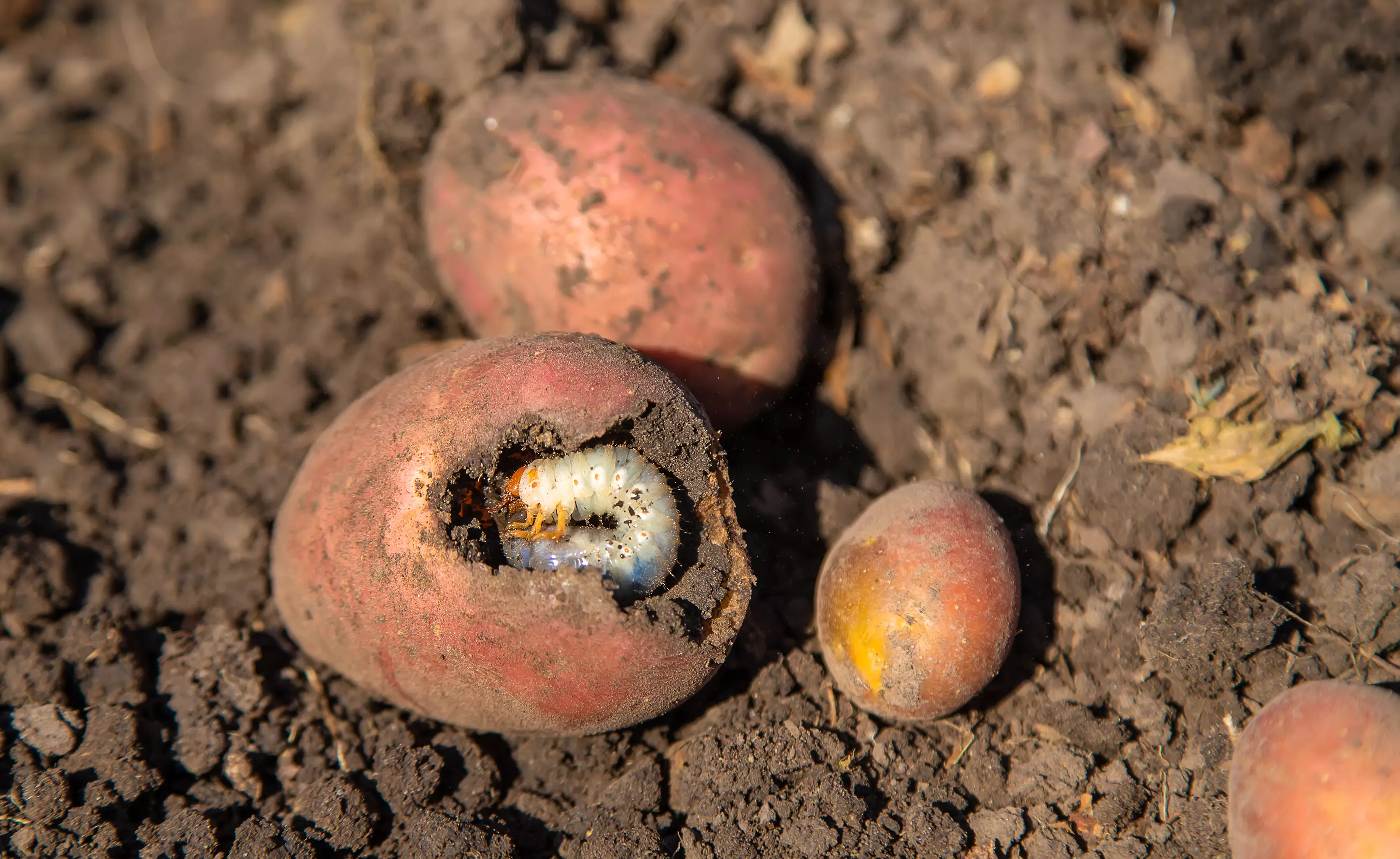The importance of zoology in agriculture
How important it is for agriculture to properly understand and use zoological knowledge. Zoology, as a science that deals with the study of animals, plays a key role in agriculture. Without this knowledge, agriculture could not have achieved the results and growth we see today. Why is zoology so important to agriculture? Here are some key aspects.
Pest management
One of the main areas of zoology, which is extremely important in agriculture, is the protection of plants from pests. Through zoological research, pest species, their development cycles and effective methods of controlling them can be thoroughly understood. This knowledge allows farmers to minimize losses caused by insects or small parasitic mammals, which contributes to increased yields and profits.
Zoological surveys also help identify problem areas where pests are present. This makes it possible to implement local conservation measures, such as monitoring populations, introducing natural enemies of pests or using environmentally safe control methods.
Advanced animal husbandry
Zoology is also essential for the development of animal husbandry. Thanks to zoological research, it is possible to optimally select breeding animals in terms of their genotype and phenotype. This makes it possible to obtain more efficient breeds of animals that are better adapted to breeding conditions and have greater resistance to disease.
Zoology also plays an extremely valuable role in the field of unique breeding technologies, such as in vitro. Not only does this allow for more precise control of the genotype of animals, but also for the protection of endangered species and the preservation of genetic diversity.
Development and environmental protection
Through zoological research, agriculture can also contribute to development and environmental protection. Zoology helps analyze the impact of agriculture on biodiversity and natural resources, so that appropriate practices and measures can be implemented to minimize the negative impact on the environment.
Environmental zoology is an integral part of sustainable agriculture, which aims to reduce the ecological footprint of agricultural production. With the help of zoological knowledge, it is possible to introduce various techniques, such as perennial crops, that promote biodiversity and ecosystem restoration, while maintaining high quality yields.
Innovation and collaboration
Zoological research also contributes to agricultural innovation. Collaboration between zoological scientists, farmers and technologists can lead to the development of new solutions and technologies that improve the efficiency of agricultural production.
One example is the use of modern animal monitoring systems, which allows precise control of animal health, ensuring proper nutrition and minimizing stress on livestock. This makes it possible to increase the productivity of animals and improve the quality of their products, such as meat and milk.
Summary
Zoology plays an extremely important role in agriculture, contributing to the optimal use of natural resources, minimizing losses caused by pests and ensuring proper care of livestock. Zoological knowledge is essential for the development of sustainable agriculture and innovations that contribute to improving the efficiency of agricultural production. Therefore, it is worthwhile to continue research and further development in zoology in order to increase sustainable food production and protect the environment.